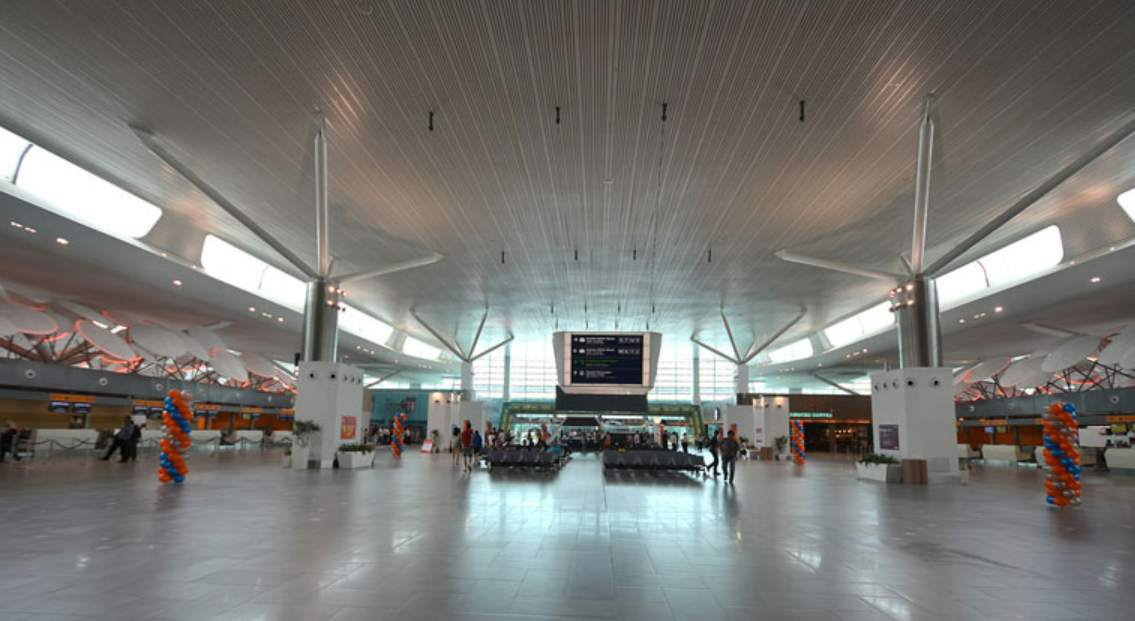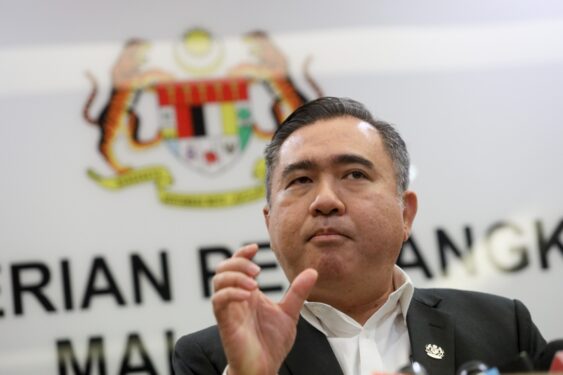IN 2019, an average of 2,175,065 foreign tourists entered Malaysia monthly.
The average plunged to 11,030 per month from April to December 2020 after the movement control order (MCO) was introduced on March 18 in the same year.
The average dropped further to 8,145 arrivals monthly for the first nine months of 2021.
Figures for the last quarter will only be released in early April this year. The monthly average for the 18-month period from April 2020 to September 2021 was 227 times less than in 2019.
Any industry that suffered such a contraction would have been decimated and inbound tourism is no exception.
The main casualties were businesses that relied largely on foreign tourists such as luxury hotels and high-end establishments besides inbound and tour bus operators.
Even worse hit were outbound operators except Umrah pilgrimages that were allowed from last October but was later suspended for a month to tighten controls.
As for domestic tourism, expenditures by all visitors dropped from RM103.2 bil in 2019 to RM40.4 bil in 2020.
Domestic tourism hardly benefits tour operators as more than 80% of domestic tourism expenditures were on shopping, food and beverage, and automotive fuel, with overwhelming majority of visitors driving their own vehicles and very few travel in excursion buses or vans.
Although budget hotels, chalets, homestays and apartments are popular with domestic tourists, more than 70% stayed at unpaid accommodations provided by relatives and friends, which was no surprise as the main purpose for 42.3% of domestic visitors was visiting relatives and friends.
Without inbound and outbound tourism, tour companies would not be able to survive and those that were not closed have been inactive.
Since 2020, various travel associations have been calling on the Government to reopen our national borders for the entry and exit of leisure tourists.
Last Friday, Prime Minister Datuk Seri Ismail Sabri Yaakob told reporters, “We have given the Health Ministry two to three weeks for them to present their proposals for the Cabinet to decide whether or not to fully reopen the borders or with restrictions involving selected countries”.
In response, Health Minister Khairy Jamaluddin said the two-week grace period given to his ministry by the Prime Minister does not mean that borders will be reopened in two weeks’ time, as the two-week period is for the ministry to prepare guidelines for the border reopening.
Also, once the guidelines are ready, they must first be presented to the COVID-19 pandemic management committee chaired by the prime minister, then the quartet of ministers overseeing the control of COVID-19 pandemic, before being brought to the Cabinet for a final decision.
In any case, the conditions needed to reopen or reclose our borders should be made known so that the public can better anticipate and make advance preparations and should not be caught by surprise from a sudden or totally unexpected announcement that could be devastating.
In 2019, inbound tourism expenditure amounted to RM89.4 bil and outbound RM44.8 bil.
In 2020, inbound dropped to RM13.7 bil and outbound suffered even more. Last year was even worse for both inbound and outbound tourism.
Together with domestic tourism, inbound and outbound businesses employed 3.6 million people or 23.6% of the 15.1 million workforce in the country in 2019, with the retail trade, food and beverage accounting for a massive 67.2%.
It may take a long time for our country to return to 2019 tourism levels but it could be sooner if borders are reopened without unnecessary delay at the earliest opportunity and reclosed swiftly whenever COVID-19 transmissions or other threats are too difficult to manage.
In any case, conditions for the opening and closing of borders should be worked out comprehensively and strategically.
Declaring them would enable the public to monitor the situation more closely and plan far ahead instead of being kept in the dark most of the time.
Greater transparency will quieten the incessant calls for borders to be reopened or remain closed.
There should be a mechanism that automatically triggers whether borders should be open or close based on prevailing conditions and situations.
Nevertheless, any attempt to gain popularity by announcing the opening of borders could backfire, as such decisions should not be made at the whims and fancies of the powers that be.
Greater transparency will surely lead to increase trust between the Government and the people. – Feb 22, 2022
YS Chan is Asean Tourism Master Trainer for travel agencies, master trainer for Mesra Malaysia and Travel & Tours Enhancement Course. He is also a tourism and transport industry consultant and writer.
The views expressed are solely of the author and do not necessarily reflect those of Focus Malaysia.










